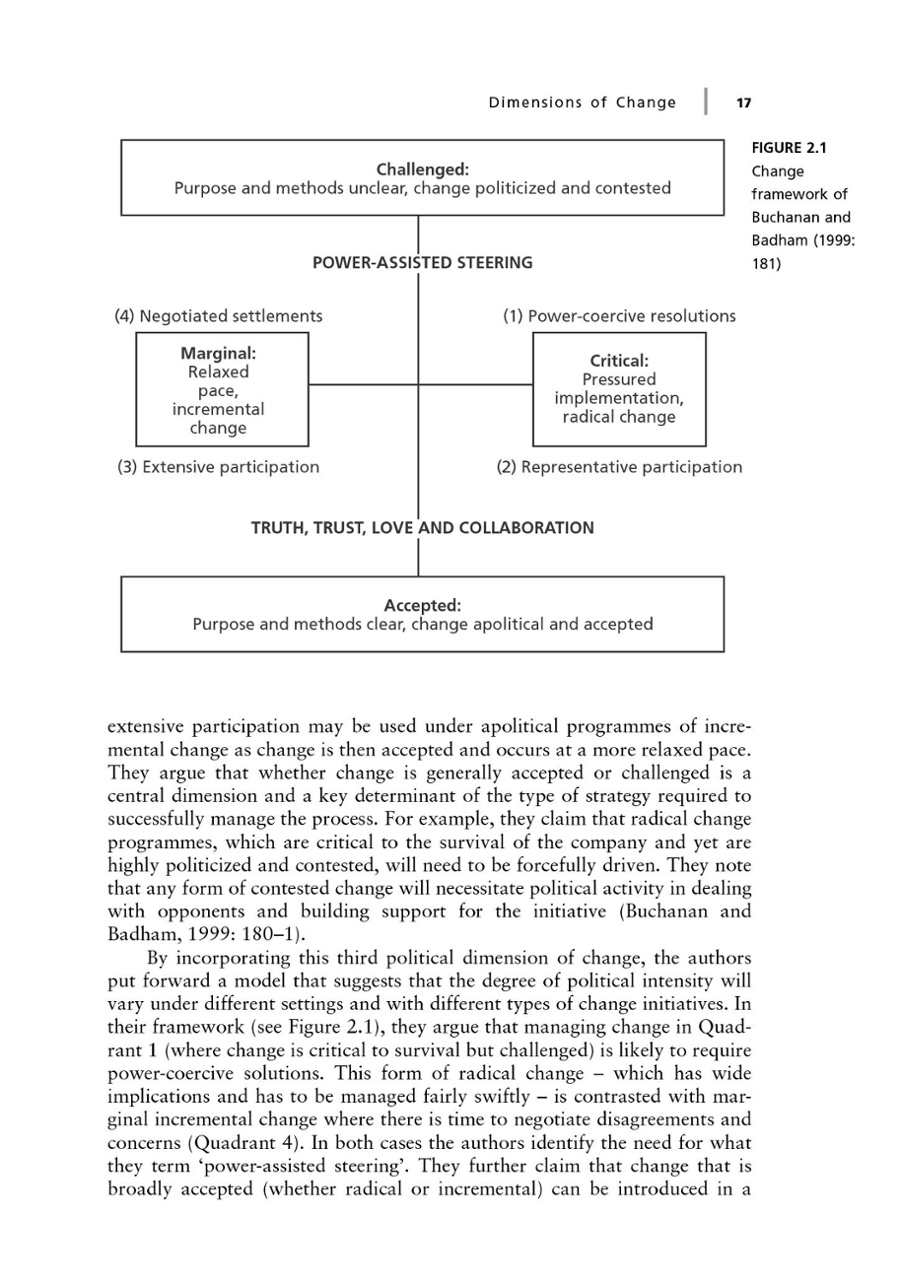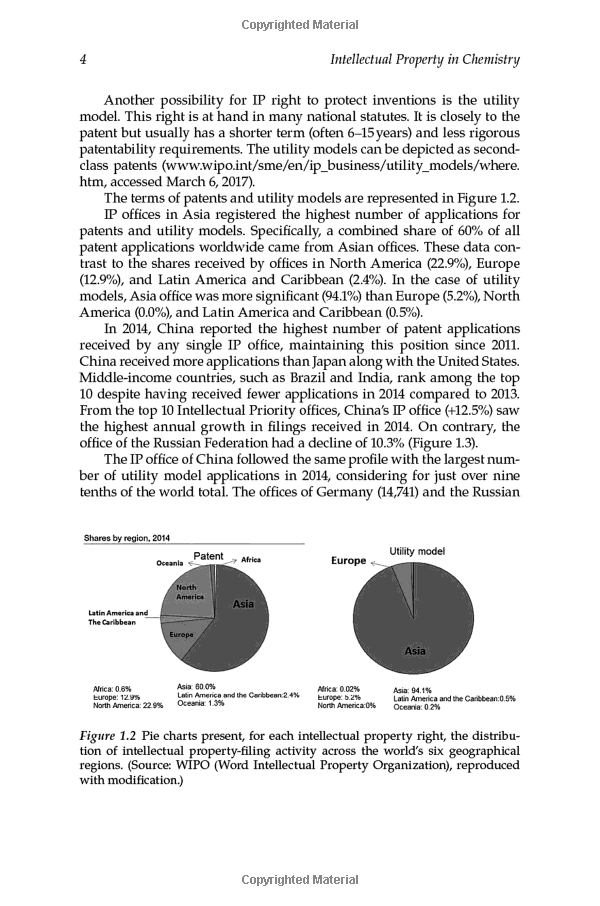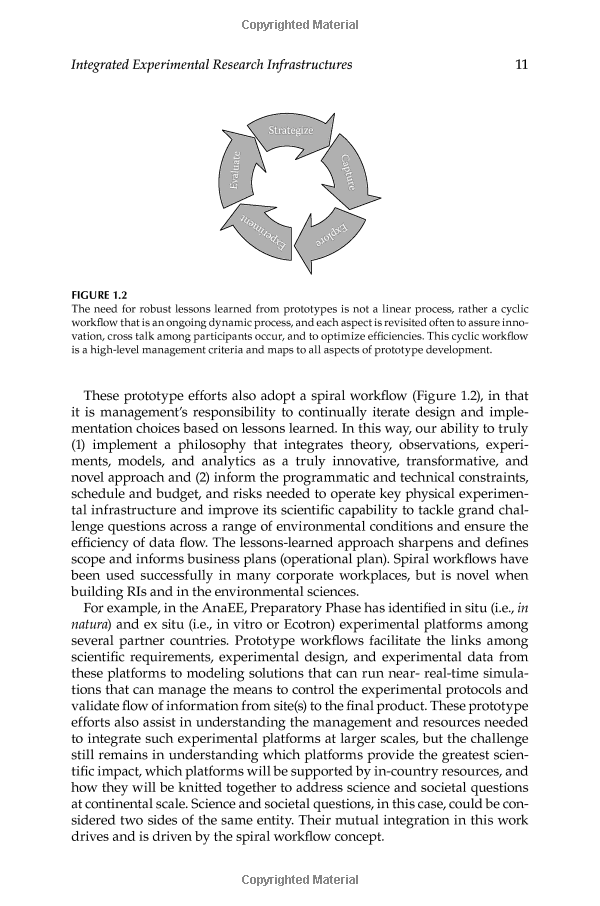Understanding the Opposite of Attract: Exploring Repulsion in Relationships
#### Introduction to the Opposite of AttractThe term "opposite of attract," which can be translated to "repel," plays a crucial role in understanding interp……
#### Introduction to the Opposite of Attract
The term "opposite of attract," which can be translated to "repel," plays a crucial role in understanding interpersonal dynamics and relationships. While attraction often garners the most attention, the concept of repulsion is equally significant in shaping our connections with others. This article delves into the various facets of repulsion, exploring its causes, manifestations, and implications in both romantic and platonic relationships.
#### What Does the Opposite of Attract Mean?
The opposite of attract, or repulsion, refers to the force that drives individuals apart rather than bringing them together. In the context of relationships, this can manifest as a lack of chemistry, differing values, or even conflicting personalities. Understanding this concept is essential for anyone navigating the complex world of human interactions.
#### Causes of Repulsion in Relationships
There are several factors that can contribute to the opposite of attract in relationships:
1. **Personality Clashes**: Sometimes, two individuals may have fundamentally different personalities that lead to friction. For instance, an extrovert may feel overwhelmed by an introvert's need for solitude, resulting in feelings of repulsion.

2. **Differing Values and Beliefs**: When two people hold opposing views on significant issues—such as politics, religion, or lifestyle choices—it can create a barrier that fosters repulsion rather than attraction.
3. **Past Experiences**: Previous relationships can leave emotional scars that affect how we perceive new connections. If someone has been hurt in the past, they may instinctively repel potential partners to protect themselves.
4. **Physical Appearance and Chemistry**: While attraction often hinges on physical chemistry, a lack of it can lead to repulsion. If individuals do not find each other physically appealing, it can diminish the likelihood of a romantic connection.
#### Manifestations of the Opposite of Attract
The opposite of attract can manifest in various ways:

- **Avoidance Behavior**: People may consciously or unconsciously avoid those they feel a sense of repulsion towards. This can be seen in social settings where individuals steer clear of certain people or groups.
- **Negative Communication**: Interactions may be characterized by sarcasm, criticism, or hostility when repulsion is present. This negativity can create a toxic atmosphere that further distances individuals from one another.
- **Emotional Withdrawal**: In romantic relationships, one partner may emotionally withdraw when they sense repulsion, leading to a breakdown in communication and connection.
#### Implications of Repulsion in Relationships
Understanding the opposite of attract is vital for fostering healthy relationships. Recognizing the signs of repulsion can help individuals make informed decisions about their connections. For example, if someone consistently feels repelled by their partner, it may be a sign that the relationship is not sustainable.

Moreover, acknowledging repulsion can lead to personal growth. By examining the reasons behind these feelings, individuals can gain insights into their own preferences and boundaries. This self-awareness can ultimately lead to healthier, more fulfilling relationships in the future.
#### Conclusion
In conclusion, the opposite of attract, or repulsion, is a powerful force in the realm of relationships. By understanding the causes and manifestations of repulsion, individuals can navigate their connections more effectively. Whether in romantic or platonic contexts, recognizing the signs of repulsion can lead to personal growth and healthier interactions. Ultimately, embracing both attraction and repulsion as natural aspects of human relationships allows for a more nuanced understanding of the connections we forge in life.